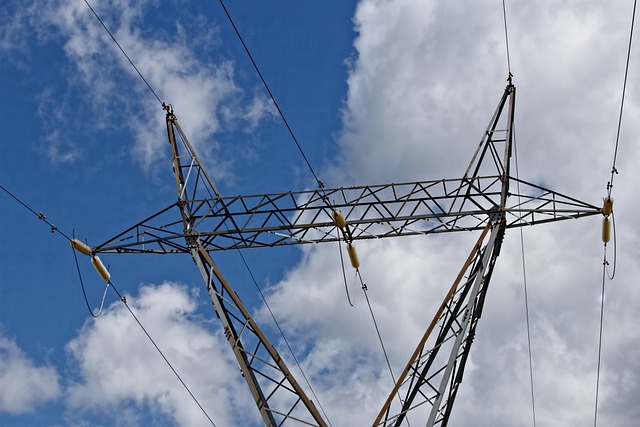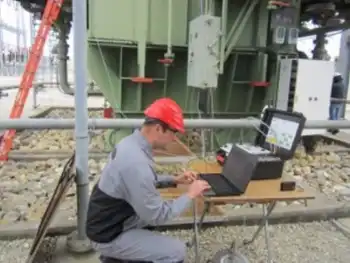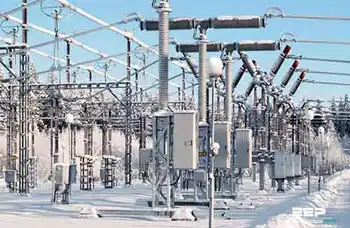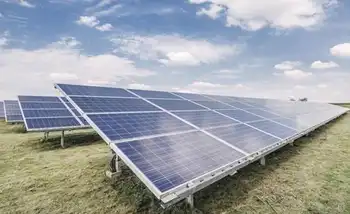$3.2B in funding for local energy efficiency improvements
By Electricity Forum
High Voltage Maintenance Training Online
Our customized live online or in‑person group training can be delivered to your staff at your location.

- Live Online
- 12 hours Instructor-led
- Group Training Available
The Energy Efficiency and Conservation Block Grant program, funded by President Obama's American Recovery and Reinvestment Act, will provide formula grants for projects that reduce total energy use and fossil fuel emissions, and improve energy efficiency nationwide.
The funding will support energy audits and energy efficiency retrofits in residential and commercial buildings, the development and implementation of advanced building codes and inspections, and the creation of financial incentive programs for energy efficiency improvements.
Other activities eligible for use of grant funds include transportation programs that conserve energy, projects to reduce and capture greenhouse gas emissions, renewable energy installations on government buildings, energy efficient traffic signals and street lights, deployment of Combined Heat and Power and district heating and cooling systems, and others.
To ensure accountability, the U.S. Department of Energy (DOE) will require grant recipients to report on the number of jobs created or retained, energy saved, renewable energy capacity installed, greenhouse gas emissions reduced, and funds leveraged. Funding is based on a formula that accounts for population and energy use.
Cities and counties will receive nearly $1.9 billion under the Energy Efficiency and Conservation Block Grant Program, and states and territories will receive nearly $770 million. States will receive and administer funds for those counties and cities that are not large enough to qualify for direct DOE funding. More than $54 million will flow directly to Tribal governments.
Up to $456 million of this funding is planned to be made available under a separate competitive solicitation for local energy efficiency projects. That solicitation will be released at a later date.
The announcement is in addition to DOEÂ’s recent release of nearly $8 billion to support weatherization and state energy projects.
A detailed breakdown of the funding by state, county, city and tribal government is available on the DOE's Recovery Act Web site.
Following the announcement at the White House, Secretary Chu and Labor Secretary Hilda Solis are visiting the Community College of Allegheny County in Pittsburg, Pennsylvania. Workers at the facility are being trained for the kinds of "green jobs" that the city and county are investing in — ranging from construction and facility upgrades of green buildings to installation of energy efficient street lights to building energy audits. Secretaries Chu and Solis will highlight the city and county efforts as a model for other communities and an example of how this funding can create local jobs and save energy.











